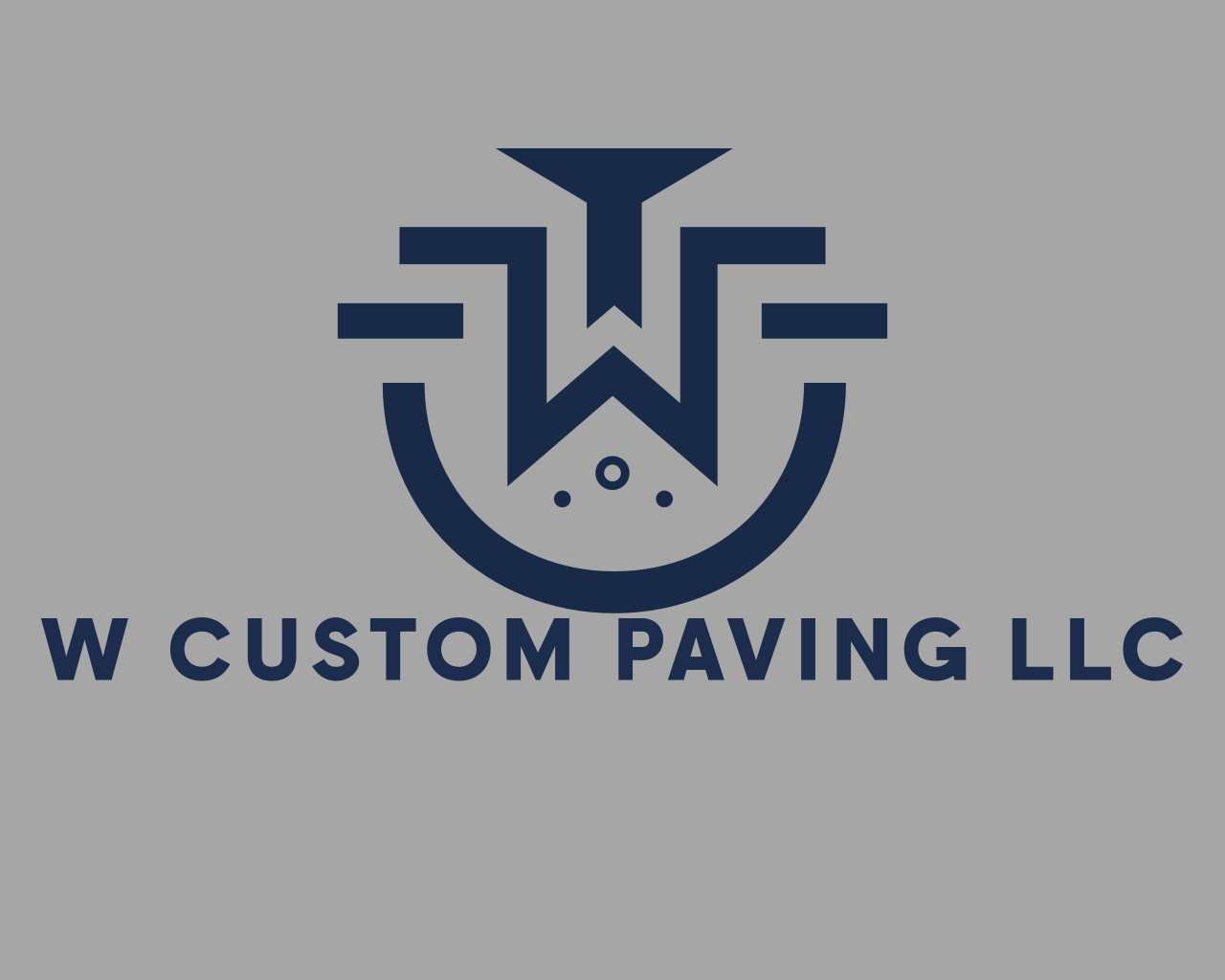W Custom Paving LLC Frequently Asked Questions
Free Estimates
Competitive Pricing
One-Year Warranties Available
Hours:
Learn More About W Custom Paving LLC
Have a paving-related question? We have the answer. Check out these FAQs and give us a call today for more information!
-
How long do I have to wait after asphalt paving to drive on it?
The length of time you should avoid driving on asphalt varies based on the job and weather conditions, but in most cases no more than 24 hours. Contact us today for more information on asphalt paving.
-
Can asphalt be poured when it’s raining?
It really depends on the asphalt paving contractor, their experience, as well as the asphalt paving machines, materials, and equipment being used. We often have to deal with rainy or drizzly weather, and we can complete jobs even if the ground isn’t completely dry. The severity of rain and ground saturation may play a role in whether your job can be completed on schedule. We always strive to keep to our deadlines, but we'll never pave when we believe the end result may not meet our high expectations.
-
Can it get too cold to perform asphalt paving?
In some parts of the world, the temperature can impact when asphalt paving can be performed. One of the main variables is the thickness of the asphalt poured. The thinner a layer of asphalt is, the more quickly it needs to be compacted because it will lose heat at a faster rate than a thicker layer of asphalt. Also, deep asphalt pours can be performed in cooler temperatures than shallow ones.
-
Why should I consider asphalt paving instead of concrete paving for my driveway?
Asphalt is far more affordable, and it's easier and cheaper to repair if cracks or potholes form. Asphalt also has a much shorter curing time, and holds up better under heavy loads and temperature swings. Although some concrete companies insist a concrete driveway will last longer, concrete cracks and other issues can’t be easily repaired. Significant damage to concrete requires a tear-out project along with concrete repaving to repair the driveway to your aesthetic and quality standards. Call us today for more tips and advice from a paving contractor.
-
How long will asphalt last?
Under normal conditions, an asphalt parking lot can be expected to last 10 to 20 years, while an asphalt driveway can last 20 to 40 years. There are a lot of variables that can affect the lifespan of asphalt parking lots, driveways, and roads. This can include traffic, quality of the base and materials, climate, and frequency of maintenance. Contact us today for your asphalt paving needs.
-
Can asphalt driveways or parking lots be affordably repaired?
Asphalt repairs are much more affordable than concrete repairs, and they can often be performed quickly with minimal impact on your home or business. If you need asphalt paving or repaving, contact us today.
-
What are asphalt overlays? Should I get one for my asphalt driveway or parking lot?
An asphalt overlay is an alternative to complete repaving and may be an appropriate course of action depending on the condition of your existing asphalt. The process entails pouring and compacting a new layer of asphalt onto your existing driveway or parking lot. An asphalt overlay is more affordable than complete repaving, but an asphalt paving contractor needs to perform a detailed inspection. They'll determine if the project is likely to be successful.
-
What’s the difference between cold mix and hot mix asphalt?
Hot mix asphalt is the type primarily used by professional asphalt contractors because it provides better, longer-lasting results. The hot mix must be heated before being applied, whereas the cold mix can be purchased at most hardware stores and applied without heating preparation. Cold mix asphalt is a cheaper, do-it-yourself option that some home and business owners use to fill potholes or other asphalt damages temporarily. If you do patch a pothole with cold mix asphalt, you’ll likely want to schedule a professional repair with a paving contractor in the near future. This will ensure the damage can be properly patched with hot mix asphalt.
-
What type of maintenance does asphalt require?
Asphalt can be a great long-term investment when it’s properly maintained. Annual preventative maintenance, such as crack filling, is one of the best ways to ensure an asphalt driveway or parking lot lasts as long as possible. According to Angi, an asphalt seal coat should also be applied every one to three years. This will add an extra layer of protection from things like weather and motor oil, both of which can harm your asphalt. Lastly, it's important that potholes and cracks are repaired relatively quickly after they begin forming. This prevents them from spreading and creating a bigger problem that can become more expensive to repair in the future.
-
What is asphalt seal coating?
Asphalt seal coating is a preventative treatment intended to ensure maximum asphalt pavement longevity. Asphalt crack filler is used to seal any cracks or potholes that are beginning to form, then a liquid seal coat solution is sprayed over the repaired surface of your asphalt parking lot or driveway. The sealer helps waterproof asphalt surfaces, slows oxidation, and makes asphalt paving more resilient to other potentially damaging fluids, like gas or motor oil.


Share On: